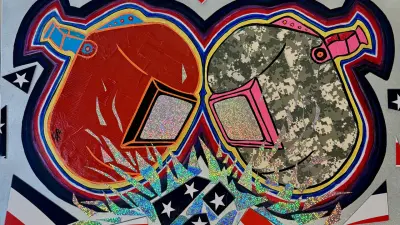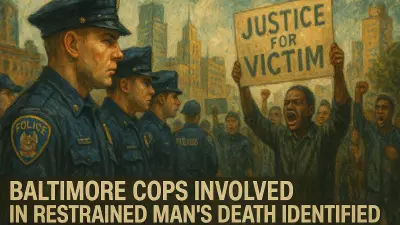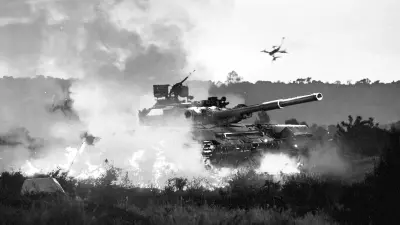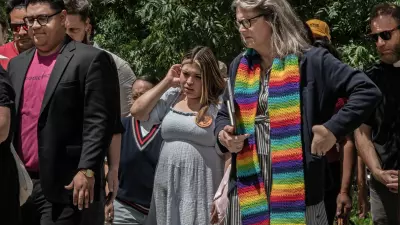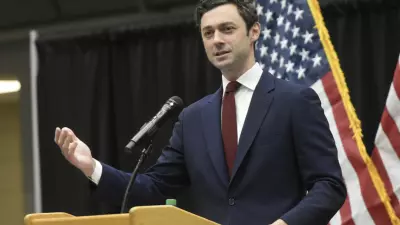This week’s episode of the Postindustrial Podcast features Eric Eyre, author, and journalist who was awarded the Pulitzer Prize in Investigative Reporting in 2017 for stories on the opioid crisis.

He is the author of “Death in Mud Lick: A Coal Country Fight Against the Drug Companies That Delivered the Opioid Epidemic.”
Eyre previously worked as a reporter for the Charleston Gazette-Mail for 22 years, covering state government, health, business, and education. He’s working with a new nonprofit, Mountain State Spotlight, which will focus on accountability journalism in West Virginia.
You were saying that the opioid situation in West Virginia is worse now, as it pertains to the outbreak of COVID. What’s the situation?
We’ve escaped the massive numbers of deaths that other states have had (from COVID-19). For the last two years, there’s been a decrease in opioid overdoses or drug overdoses, but just in the month of May, there was double the number of EMT response calls to overdoses as there were in the previous man. So it appears…and we don’t have the overdose death data yet for this year, but it appears that there’s been an increase in overdoses after two years of decline.
Those numbers have borne out in other parts of the country too. Nationally there are estimates that overdoses they’re up 11%. There’s a, there’s a myriad of reasons for that. Probably the biggest one is this idea that the opposite of addiction is connection and we’re not getting a lot of connection.
What is the government doing to address this problem in the era of coronavirus?
They have eased some restrictions on getting medication-assisted treatment, or Suboxone (to help those with addiction). So they’re trying to do something to get more people into treatment. They’ve eliminated some of the drug screening requirements to get into treatment. So they are doing a few things, but frankly, probably not enough. And with all eyes focused on COVID-19, they have a war — coronavirus and opioid use disorder.
Since the outbreak of the virus has been replete with bad news, anything that you can highlight as good news coming out of West Virginia right now?
We’re always a strong people here. In this case, some positives that came out of the coverage of the opioid epidemic, we shined the spotlight. It’s explained in the book (“Death in Mudlick”), some of the largest companies in America that were dumping pain pills. So we were kind of a small place that made a big difference. West Virginia has a lot of potential.
West Virginia is beautiful but look at Pittsburgh. Postindustrial Pittsburgh is completely reshaped. We’re still stuck in the mindset that we need to mine coal and for so many people, it’s just part of their family history — you don’t go to college, you go to work in the coal mine. But I think there’s opportunities, perhaps in clean energy. …but I think it’s just a mindset change.
Listen to the podcast for the whole conversation, below, and click here for more episodes.


